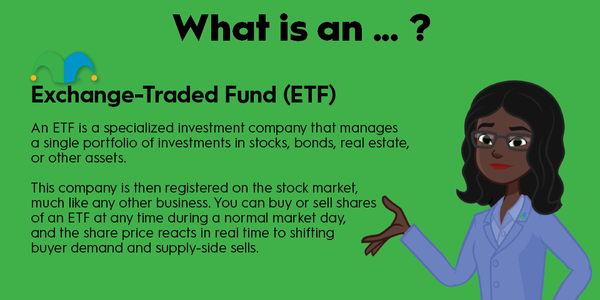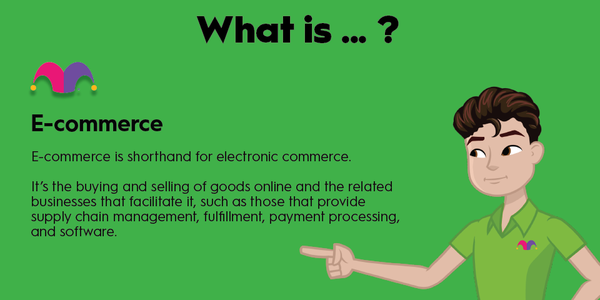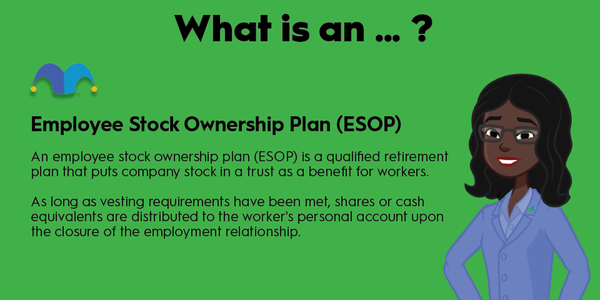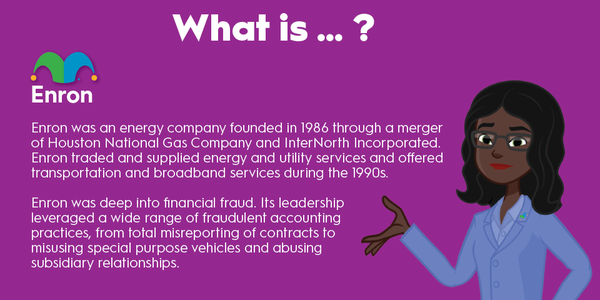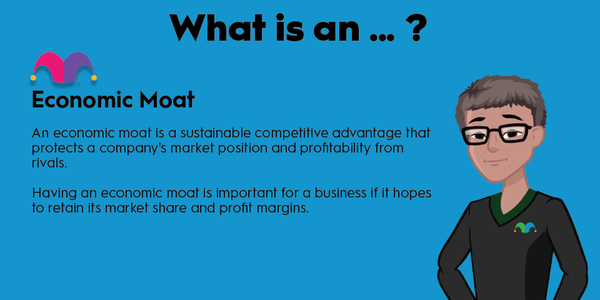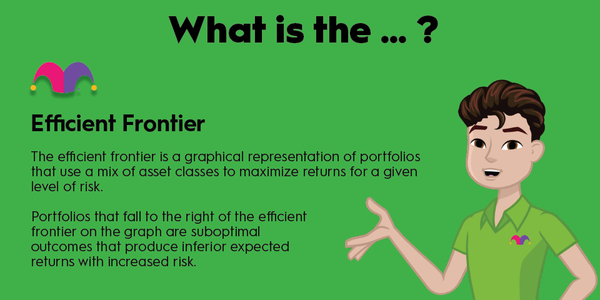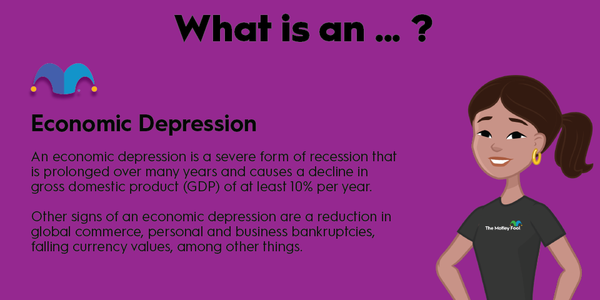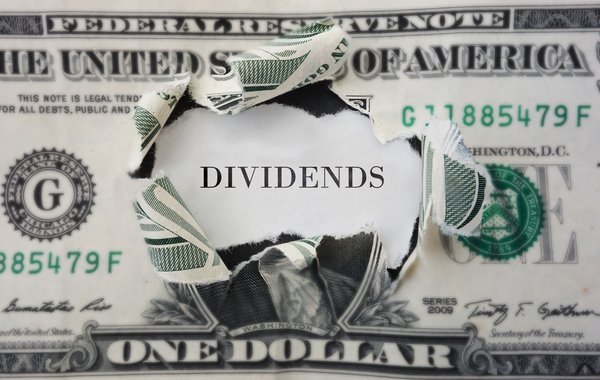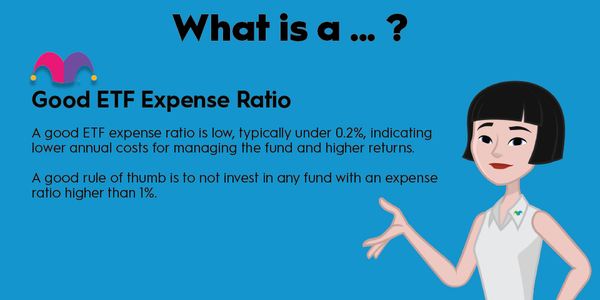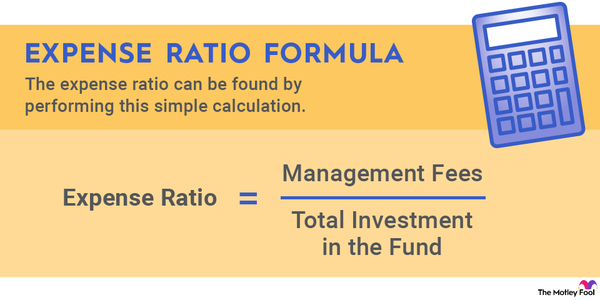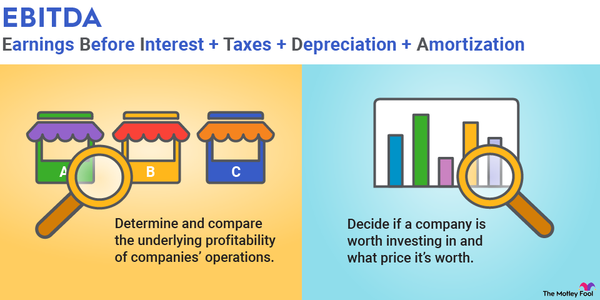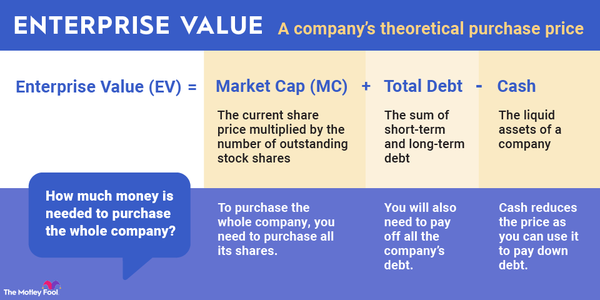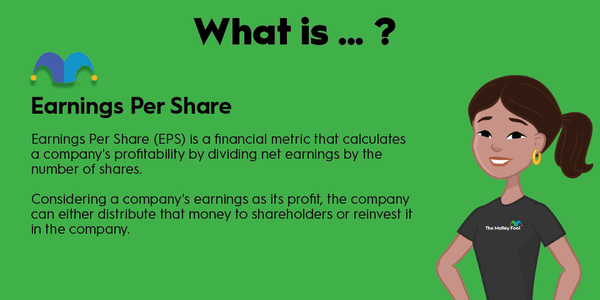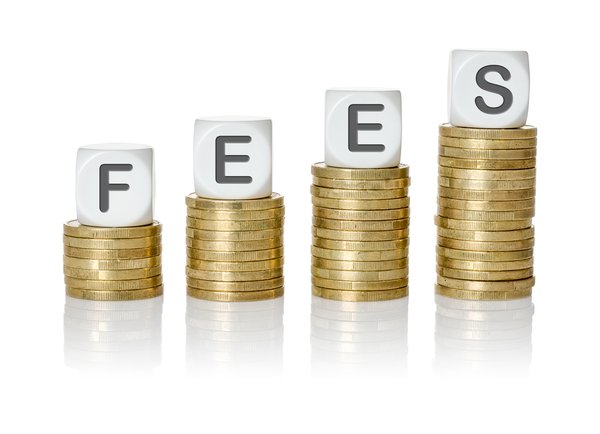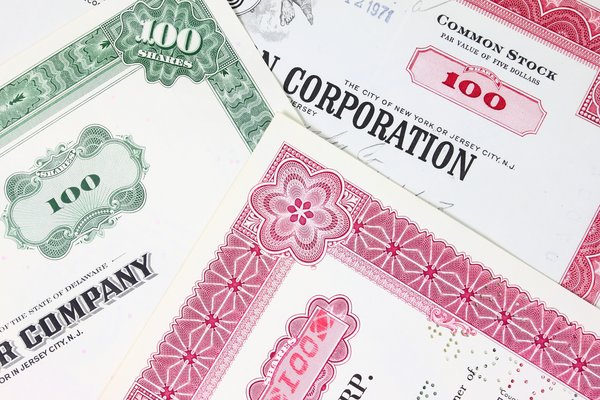What Is an Exchange-Traded Note (ETN)?
An exchange-traded note (ETN) is a structured product created by a financial institution, usually an investment bank, with a set maturity date. It is a debt security issued (in other words, a loan instrument) by the bank, but it doesn’t pay interest.
Instead of interest, ETN investors receive returns on an index (say, an equity or commodity index) that the ETN tracks or the performance of asset class or investment strategy followed by the ETN. When the ETN matures, it is paid back on maturity, just as with a bond.
ETNs are traded on exchanges and therefore carry a market price; they are liquid instruments, and investors don’t have to hold them until maturity.

The main benefit of exchange-traded notes
The main benefit of exchange-traded notes
The significant benefit of ETNs is that they offer investors access to asset classes or investments and strategies that they otherwise would have difficulty replicating themselves. For example, Credit Suisse offers ETNs that give exposure to covered call strategies in gold, oil, and silver. A covered call is a relatively simple strategy that only some investors engage in (and certainly not retail investors).
An exchange-traded note is not an exchange-traded fund
An exchange-traded note is not an exchange-traded fund
Before getting into more detail, it’s important to note that an ETN is not an exchange-traded fund (ETF). The acronyms are similar, but the products are vastly different. An ETF is a fund that invests in a basket of securities (equities, debt, commodities, investment strategies, etc.) and is traded as a stock on an exchange.
As such, the value of an ETF is supported by the underlying value of the assets it holds. In contrast, the ETN is subject to the risk that the financial institution issuing the ETN can't make good on its obligations.
The risk in exchange-traded notes
The risk in exchange-traded notes
ETNs are riskier than ETFs. To outline this point better, here is part of the risk disclaimer on a Credit Suisse ETN discussing the guarantees, or rather the lack of guarantees, around the investment amount:
ETNs are not deposit liabilities and are not insured or guaranteed by the Federal Deposit Insurance Corporation or any other governmental agency of the United States, Switzerland or any other jurisdiction. Any payment on the ETNs is subject to our ability to pay our obligations as they become due.Credit Suisse.
In other words, if the issuer can't meet the ETN's obligations, then there's very little in the way of protection for the investor.
As such, the pricing of ETNs also reflects the market’s view on the ability of the institution to make good on the ETN. As a result, a lack of confidence in the issuer's solvency could lead to an unusual situation where the underlying assets in the ETN are performing well, but its price is declining because of market worries about the issuer responsible for the ETN.
Related investing topics
Are exchange-traded notes for retail investors?
Are exchange-traded notes for retail investors?
Indeed, investors who had bought into Lehman Brothers’ ETNs in 2008 will only be all too aware of the risk inherent in structured products backed by investment banks. For the uninitiated, Lehman Brothers went bankrupt in the same year. In addition, ETN issuers can opt simply to delist the ETN, and any liquidity can suddenly dry up.
ETNs are not really suitable for all but the most sophisticated investors who buy into them and are fully aware of the risk involved in the issuer’s ability to pay.
